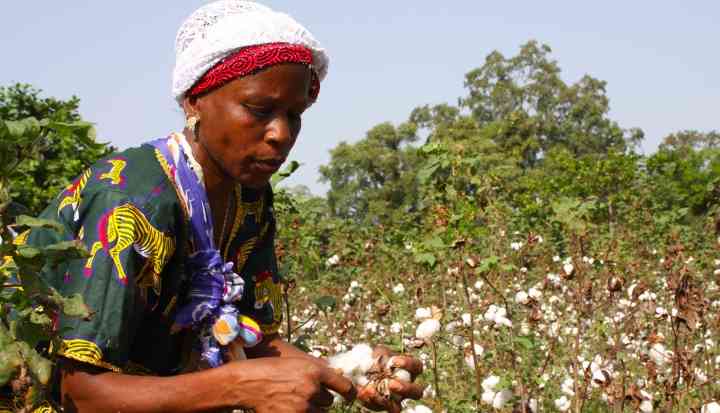
COTTON farmers have hailed government’s new pre-planting producer prices but noted that differential grading fees would not persuade farmers to improve the quality of their produce.
The government recently set pre-planting producer prices for strategic crops, with cotton price pegged per grade quality, which will range from US$0,40 per kg for grade D to US$0,46 for grade A.
“As cotton farmers, we are happy about the new prices. Last year the pre-planting price was US$0,32 per kilogramme. So, an upward movement from US$0,32 per kg to US$0,40 per kg for grade D is a welcome development,” Cotton Producers and Markets Association of Zimbabwe president Stewart Mubonderi told NewsDay Farming yesterday.
“We appreciate the effort that has been made by government to increase the price for cotton. We are only worried that the payment system may not be as good as we would have loved it to be.”
Mubonderi, however, said the differential grading fees were not enticing enough to encourage farmers to grade their cotton.
“For example, from US$0,40 to grade C, the difference is too little and irrelevant. So, we would love a situation where grade D is pegged at US$0,40. Then there is a difference of about US$0,05 or US$0,03 so that farmers are encouraged to make sure that when they pick they follow guiding rules.
“Grade A is pegged at US$0,46, a difference of US$0,06 from grade D. A better and attractive situation could have been to say US$0,48 to US$0,50,” he said.
“We hope that the grade differentials that have been announced by government as the pre-planting price will motivate farmers. These prices are definitely going to motivate more farmers,” he said.
- Cotton sector mulls stabilisation fund
- ZCFU demands transparency in EU funding facility
- Livestock farming fuelling climate change: ZCFU
- Cotton farmers hail new producer prices
Keep Reading
Shadreck Makombe, president of the Zimbabwe Commercial Farmers Union, noted that although pre-planting producer prices were fair, they were announced only after the season had already begun.
“That is the challenge, but otherwise to those who have planted they will be smiling if there are no unscrupulous businesspersons who are going to increase prices of inputs because this increase would definitely be eroded if there are mischievous businesspersons. The prices are above regional prices. So, they are good for farmers.”
Agricultural Marketing Authority chief executive officer Clever Isaya said the prices were informed by several variables, including international market trends.
“We are satisfied and we hope that these pre-planting producer prices will act as an incentive to motivate farmers to produce quality cotton seed,” he said.
“In the past, contractors have raised concern over poor cotton grades and the coming of the price differentials will go a long way in stimulating the production of quality and marketable products.”
Due to a number of factors, including drought, climate change, low pricing, out-of-date varieties, and payment delays, the nation’s cotton production has been declining.
Zimbabwe produced 137 702 tonnes in 2021, up from 91 712 the year before.
The production of cotton began to decline in 2013. Before 2013, production was between 200 000 and 300 000 tonnes per year.






